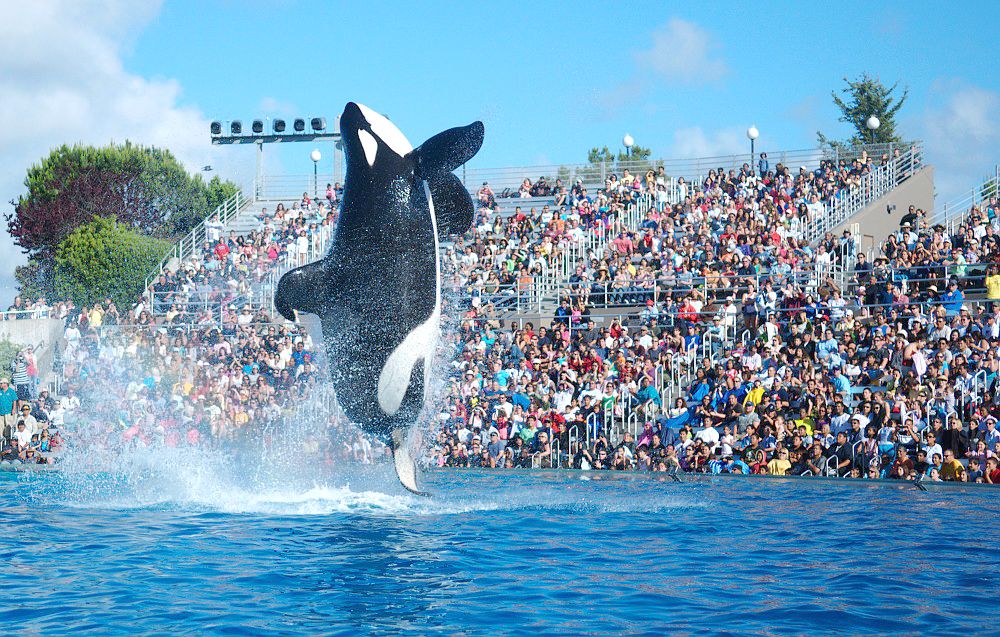March brought unexpected good news for both animal-lovers and shareholders in SeaWorld.
‘Blackfish’ … blacklisted
Seaworld has come under increasing pressure to rethink the way it looks after its orca whale population since the release of the 2013 documentary film ‘Blackfish’.
The depiction in graphic detail of the horrendous treatment meted out to its killer whales appears to have been the final straw.
Seaworld is stopping its controversial orca breeding programs and live shows, and its shares have since increased by 20 percent, showing that the ethical treatment of animals does pay.
Thriving … ironically
So what about the rest of the animal population that we have domesticated for our own ends? As of 2009, approximately 90 percent of all ‘large’ animals (i.e weighing more than a couple of kilos) are domesticated, but billions live in appalling conditions in industrial installations. For the large part, we prefer not to think about them – out of sight out of mind.
From an evolutionary perspective, at least in terms of sheer numbers, these animals are big winners. Ten thousand years ago, the chicken was a rare bird living in Southeast Asia. There are approximately 20 billion in the world today.
In Denmark alone there are around 28 million pigs, compared to 5.6 million humans. Yet these animals often never see daylight and are denied the ability to pursue basic natural instincts such as natural reproduction and nurturing young – and even just to sit down.
These are, as Yuval Noah Harari memorably put it, “individually the most miserable animals that have ever existed”.
Prison … everywhere
Why does this matter? Well, from a business standpoint you would hope that greater awareness of the consequences of industrial farming would mean there is a financial incentive towards more humane treatment of the animals concerned.
Even more importantly though, as Albert Einstein pointed out, we are part of, not distinct from, other living beings and nature in general, and our inability to recognise this inter-connectedness is a mental ‘prison’.
Our task, he said, “must be to liberate ourselves from this prison by broadening our compassion to encompass all living beings and all of nature in its beauty”.














